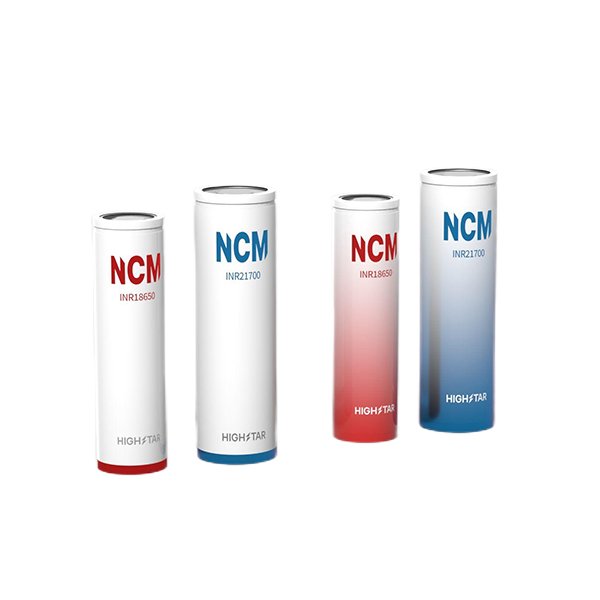When it comes to skincare, the importance of selecting the right lotion cannot be overstated. With countless options available on the market, consumers often find themselves overwhelmed by the choices. The question arises: What is the healthiest lotion to use? This article aims to dissect the various components of lotions, highlight the healthiest options, and provide practical recommendations for different skin types.
Understanding Lotion Ingredients
To determine the healthiest lotion, one must first understand the key ingredients that contribute to skin health. Here are some essential categories of ingredients to consider:
- Natural Oils and Butters
Natural oils and butters are often the cornerstone of healthy lotions. Ingredients like shea butter, coconut oil, and jojoba oil are rich in fatty acids and vitamins that nourish the skin. They provide deep hydration and create a protective barrier, preventing moisture loss.
- Shea Butter: Known for its anti-inflammatory properties, shea butter is excellent for soothing dry and irritated skin.
- Coconut Oil: This oil has antimicrobial properties and can help with skin barrier repair, making it ideal for those with eczema or psoriasis.
- Jojoba Oil: Closely resembles the skin's natural sebum, making it an excellent moisturizer for all skin types.
- Botanical Extracts
Many lotions incorporate botanical extracts for their therapeutic benefits. Ingredients like aloe vera, chamomile, and green tea are not only hydrating but also provide antioxidant protection.
- Aloe Vera: Renowned for its soothing properties, aloe vera is perfect for calming sunburns and other skin irritations.
- Chamomile: This extract is known for its anti-inflammatory and calming effects, making it suitable for sensitive skin.
- Green Tea: Rich in polyphenols, green tea extract helps combat oxidative stress and can improve skin elasticity.
- Humectants
Humectants are substances that draw moisture from the environment into the skin. Common humectants include glycerin, hyaluronic acid, and urea. These ingredients are crucial for maintaining hydration levels.
- Glycerin: A powerful humectant that attracts moisture, glycerin is effective in keeping the skin hydrated without feeling greasy.
- Hyaluronic Acid: Capable of holding up to 1,000 times its weight in water, this ingredient is a must-have for those seeking intense hydration.
- Urea: Not only a humectant, but urea also has exfoliating properties, making it beneficial for rough, dry skin.
Avoiding Harmful Ingredients
While understanding beneficial ingredients is crucial, it’s equally important to avoid harmful components that can compromise skin health. Here are some ingredients to steer clear of:
- Parabens: These preservatives can disrupt hormone function and have been linked to various health concerns.
- Synthetic Fragrances: Often a mix of numerous chemicals, synthetic fragrances can cause allergic reactions and skin irritation.
- Mineral Oil: While it provides a barrier, mineral oil can clog pores and lead to breakouts, particularly in acne-prone skin.
Recommendations for Different Skin Types
Choosing the healthiest lotion also depends on your skin type. Here are tailored recommendations:
- Dry Skin
For dry skin, look for lotions that contain rich oils and butters. A lotion with shea butter, coconut oil, and glycerin will provide deep hydration and lock in moisture. - Oily Skin
If you have oily skin, opt for lightweight, non-comedogenic lotions. Look for formulations that include hyaluronic acid and aloe vera, which hydrate without adding excess oil. - Sensitive Skin
For sensitive skin, choose lotions with minimal ingredients and avoid fragrances. Products containing chamomile and calendula are excellent for soothing irritation. - Combination Skin
Combination skin requires a balanced approach. A lotion with a blend of lightweight oils and humectants, such as jojoba oil and glycerin, can effectively hydrate without overwhelming the skin.
Conclusion
In conclusion, the healthiest lotion to use is one that aligns with your skin type and is formulated with beneficial, natural ingredients while avoiding harmful additives. By understanding the components of lotions and their effects on the skin, you can make informed choices that promote overall skin health. Always remember to patch-test new products and consult with a dermatologist if you have specific skin concerns. Your skin deserves the best, and with the right lotion, you can achieve a radiant, healthy complexion.


